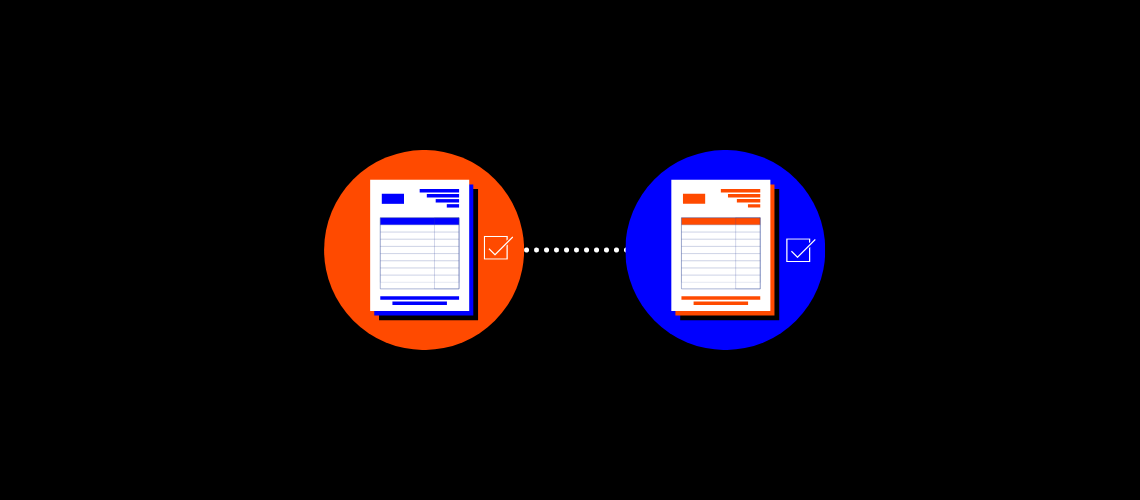
Over the last couple of years, blockchain technology has evolved with developments like cryptocurrencies, non-fungible tokens, and decentralised finance. However, experts say that we’re still in the nascent stages and that blockchain has a greater potential to transform the way companies and organisations function.
Thanks to blockchain technology, we’re already seeing vast improvements in the way industries manage document verification. These documents may relate to loan approvals, contract verification, or employment letters.
As mundane as it may be, the process of verifying documents has its challenges. The two most significant issues with the traditional document verification process are the lack of speed and security.
Considering that the processes are predominantly human-run, essential documents take a lot of time to process. Storing documents in a centralised manner also makes them vulnerable to security threats.
Furthermore, when many authorising bodies and intermediaries are involved, it naturally drives up the cost of verification or approval. Some may even argue that authorities are bias when it comes to verification, like prioritising documents based on a person’s socio-economic status.
These are some of the challenges that hold companies and individuals back from saving time, energy, and cost for a task as mundane as document verification.
Blockchain technology has a feature known as smart contracts. Simply put, a smart contract is a customisable piece of computer code that contains a protocol for specific actions to be executed. Documents can be verified using this code, allowing any business and organisation to leverage these smart contracts for such administrative tasks.
Here’s how it works:
If you want to apply for a loan, you’ll need to submit loan applications and collateral documents. You can input these into a smart contract to verify information such as your name, address, and other personal details. The contract will check whether you match the criteria for loan approval. If the match is positive, the contract will automatically approve the loan.
Other than loan applications, smart contracts can verify any kind of document, including business contracts and profiles of job candidates. The mortgage industry, for example, has started incorporating smart contracts and blockchain to verify documents and store information. UKISS Technology uses blockchain to record each Certificate of Authenticity that we will issue for every Hugware® hardware wallet. That way, users will have a tamper-proof document certifying their device’s authenticity. Users can also verify it on the blockchain anytime.
As a distributed ledger, blockchain allows organisations to verify documents in a decentralised manner, making the process more secure.
There is no need for intermediaries to verify documents since smart contracts can do the work. Unlike traditional methods, using blockchain saves all parties time, energy, and cost.